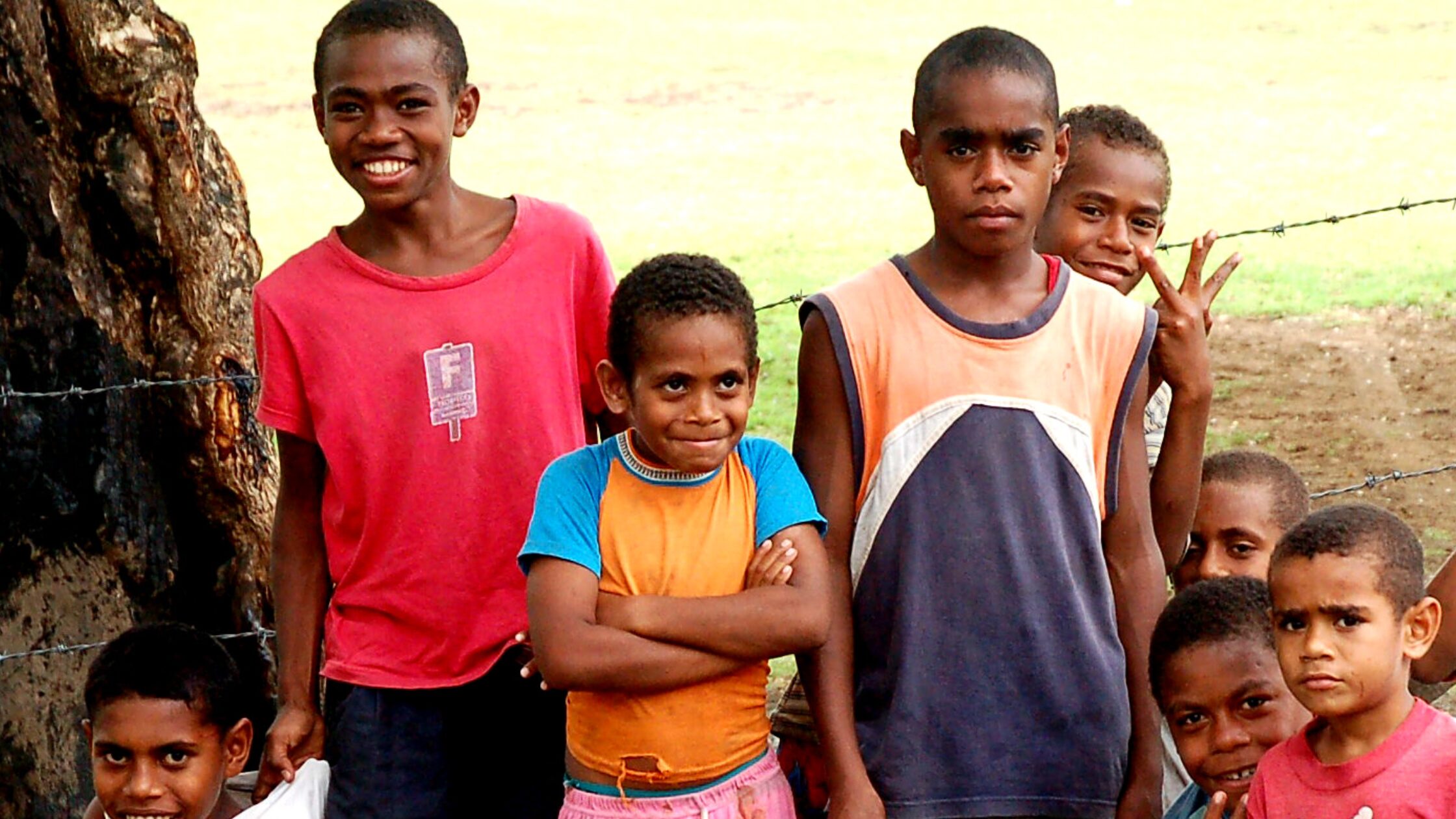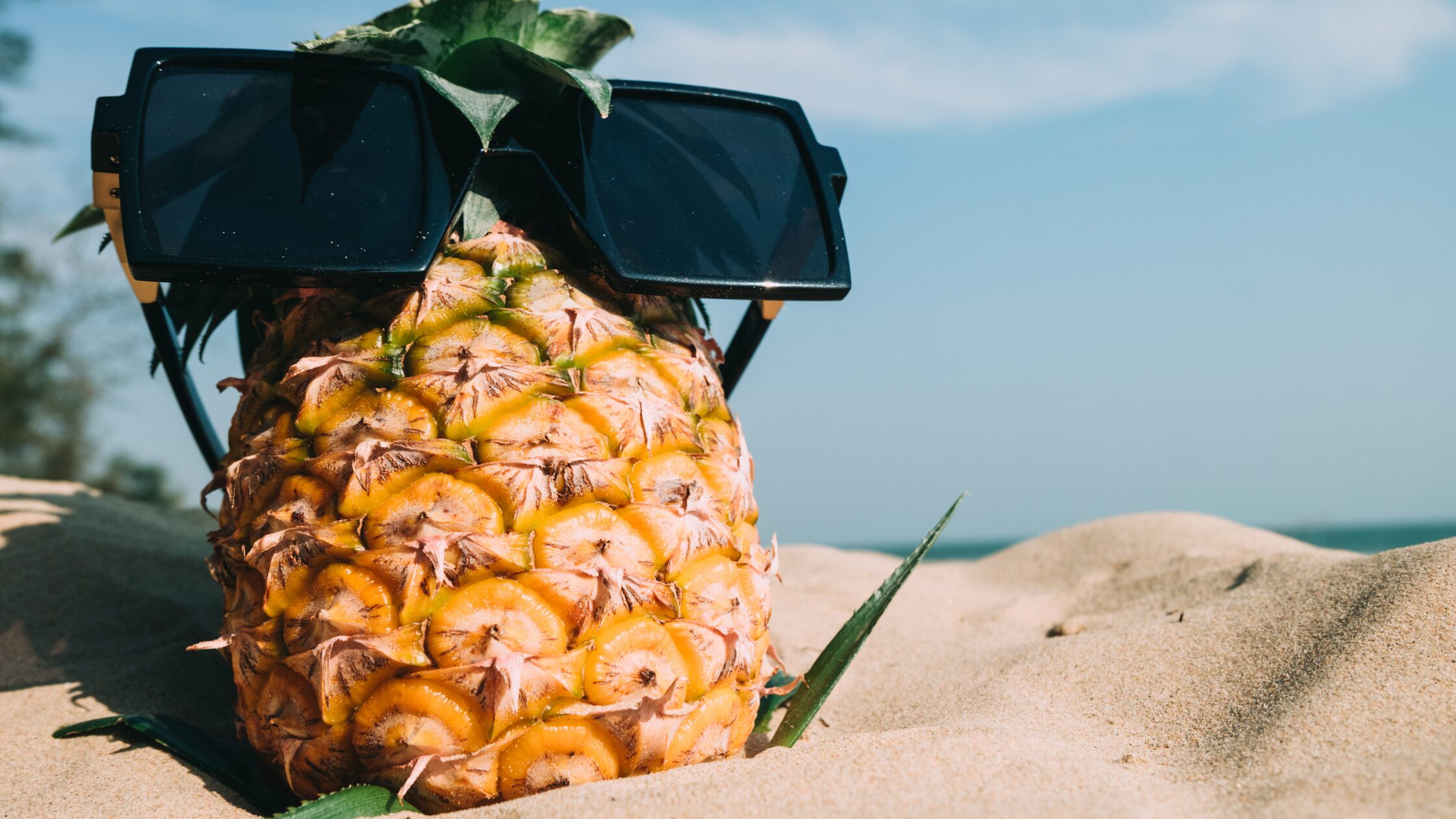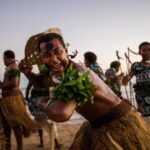Here are some fun facts about Fiji:
- Bula: “Bula” is a common Fijian greeting that means “hello” or “welcome.” It reflects the warm and friendly nature of the Fijian people.
- Archipelago: Fiji is an archipelago of more than 330 islands, of which only about a third are inhabited. The two main islands are Viti Levu and Vanua Levu.
- Diverse Culture: Fiji is home to a rich tapestry of cultures, including indigenous Fijian, Indo-Fijian, European, Chinese, and other Pacific Islander communities. This diversity is reflected in the cuisine, music, and traditions of the islands.
- Kava Ceremony: Kava, a traditional Fijian drink made from the root of the pepper plant, is an important part of Fijian culture. The kava ceremony is a ritualistic event where the drink is shared as a sign of friendship and goodwill.
- Blue Lagoon: The pristine waters of Fiji’s Blue Lagoon, located in the Yasawa Islands, are famous for their crystal-clear blue hues and stunning underwater visibility. It has been featured in several movies and television shows.
- Soft Coral Capital: Fiji is often referred to as the “Soft Coral Capital of the World” due to its abundance of vibrant soft coral reefs. These reefs are teeming with marine life and are a paradise for scuba divers and snorkelers.
- Fiji Time: Fijians have a relaxed attitude toward time known as “Fiji Time.” It means things may not always happen exactly on schedule, but it’s all part of the laid-back island lifestyle.
- Cousteau’s Underwater World: The legendary oceanographer Jacques Cousteau once declared Fiji to be the “Soft Coral Capital of the World” after exploring its underwater wonders.
- Firewalking: The Fijian tradition of firewalking, known as “vilavilairevo,” is a ceremonial ritual performed by members of certain tribes. It involves walking barefoot over hot stones without getting burned, showcasing the spiritual and cultural heritage of the islands.
- Tropical Climate: Fiji enjoys a warm tropical climate year-round, with temperatures typically ranging from 25°C to 30°C (77°F to 86°F). The dry season runs from May to October, while the wet season occurs from November to April.
These fun facts offer just a glimpse into the unique culture, natural beauty, and traditions that make Fiji a fascinating destination to explore. Here are some deeper insights:
Overview of Fiji
In this section, you’ll uncover the basics of Fiji’s geographical layout, its vibrant population, and the languages that bring the islands to life.
Geographical Location
Fiji sits in the heart of the South Pacific Ocean, with an archipelago consisting of more than 333 islands, although only a fraction are inhabited. Your journey to understanding Fiji would start by knowing that Viti Levu and Vanua Levu are the two largest islands, where most Fijians reside and where you’ll likely begin your adventure.
Population and Demographics
As of the latest data, Fiji has a diverse population that reflects its rich history. With an eclectic mix of indigenous Fijian, Indo-Fijian, and a blending of other Pacific Islander heritages, you’ll find yourself immersed in a tapestry of cultures. Here’s a snapshot:
- Viti Levu: Home to the capital, Suva, and the majority of the population
- Vanua Levu: The second largest island with a significant number of residents
Official Languages
During your stay, you’ll hear a symphony of spoken words with English, Fijian, and Fiji Hindi proudly serving as official languages. While English is widely used in government and business, you’ll also notice Fijian, which is an Austronesian language, and Fiji Hindi, reflecting the historical indentured labourers from India, creating a rich linguistic landscape.
Cultural Heritage
Your exploration of Fijian culture reveals a vibrant tapestry woven with traditions, historical influences, and symbols that represent the nation’s unique identity.
Fijian Traditions
The heart of Fijian culture pulses with traditions and customs that have been cherished for generations. You’ll be greeted with a warm “Bula,” a term synonymous with life and health, encapsulating the spirit of friendliness and hospitality. The ceremonial drink, kava, extracted from the root of the Yaqona plant, plays a central role in communal gatherings. It dates back over 3,000 years and is integral to Fijian ceremonies, demonstrating respect and camaraderie.
- Meke performances are rich displays of Fijian history and myths through dance and music, offering you a colourful insight into the storytelling heritage.
- The Fijian language resonates with the island’s past, with Fijian and Hindi widely spoken due to the arrival of Indo-Fijians during British colonial rule.
Historical Influences
Fiji’s history is marked by the arrival of the Lapita people, thought to be ancestors of modern Melanesians and Polynesians. As voyaging traders and settlers, their culture left an indelible mark.
- European contact, notably by the British, introduced profound changes including Christianity, which is now a predominant faith following the work of missionaries.
- Indians came to Fiji as indentured labourers during the British era, blending their customs with the native population.
The shadow of cannibalism in ancient times often paints a sensational picture, but today it’s a relic of the past, overshadowed by a history of survival and community in a challenging landscape.
National Symbols
Embrace the pride and identity of Fiji through its national symbols.
- The British Flag and the Coat of Arms reflect Fiji’s history of British colonial rule and the path to independent statehood.
- The Coat of Arms, for example, features a shield with imagery significant to Fiji, including a lion and sugarcane, representing the country’s economic history and its ties to Britain.
- Memorabilia of Reverend Thomas Baker, the only missionary known to have been eaten in Fiji, exemplifies a bygone era that shaped the deep sense of Christian values today.
Economy and Industry
The Fijian economy is a vibrant mix, with strong pillars in agriculture, tourism, and the exploitation of natural resources like water and minerals. Each industry plays a crucial role in sustaining the livelihoods of Fijians and maintaining its position as one of the more developed economies in the Pacific.
Agriculture
The agricultural sector in Fiji is traditionally based around sugar cane, which is a major cash crop introduced during British Empire colonial rule. Your understanding of Fiji’s economy would be incomplete without knowing that sugar exports are a significant source of foreign exchange for the nation. Sugarcane farming not only fuels the export market but also employs a large portion of the population.
Tourism
Fiji’s tourism industry is renowned for its welcoming culture, stemming from a deep-seated emphasis on friendship. The warm nature of Fijian hospitality is unmatched and a fundamental reason tourists flock to the archipelago. This sector contributes robustly to the economy as Fiji offers a diverse range of activities across its over 300 islands, appealing to travellers worldwide.
Water and Minerals
When you think of Fiji, bottled water might spring to mind. The country has made its mark with a premium brand of bottled water that enjoys global recognition. But beyond water, Fiji’s mineral wealth, including gold, is notable. Mining these resources responsibly is vital, as they represent a considerable portion of Fiji’s gross domestic product, drawing global investors attracted by high-value minerals found within the nation’s borders.
Natural Environment
Fiji’s lush rainforests and expansive coral reefs make it a haven for diverse wildlife and breathtaking scenery. Whether you’re snorkelling among the vivid coral or hiking through vibrant greenery, you’ll encounter a fascinating array of nature’s best here.
Ecology and Biodiversity
Fiji is not only home to stunning landscapes but also to an array of unique wildlife. Rainforests and forests cover much of the islands, providing shelter for myriad endemic species, such as the striking tagimoucia flower found on Taveuni Island. Kula Eco Park is a sanctuary for many native animals including iguanas and a collection of vibrant orchids. As you explore, you might spot colourful parrots or even sea turtles.
- Rainforests: Sanctuary of diverse flora and fauna.
- Tagimoucia: Unique flower species giving a distinctive touch to Fiji’s vegetation.
- Kula Eco Park: Conservation park for the education about and protection of local species.
Marine Life and Reefs
Fiji’s maritime realm is equally impressive. Known as the soft coral capital of the world, the waters around Fiji invite you for snorkelling and diving adventures among the Great Astrolabe Reef and beyond. The coral reef system here, one of the most extensive in the world, boasts over 1,200 fish species.
- Astrolabe Reef: An underwater treasure trove for snorkelling and diving.
- Marine Life: Abundant species including over 1,200 varieties of fish.
- Coral Reefs: Cover 10,356 sq. km featuring nearly 400 known coral species.
Take your time to explore the underwater maze of corals—both hard and soft—dotted with schools of tropical fish that bring the reefs to life.
Lifestyle and Recreation
In Fiji, your days are likely to be filled with a laid-back atmosphere, punctuated by vibrant sports events and a rich tradition of arts and crafts. Discover how the locals invest time in leisure and express their cultural identity.
Sports and Leisure
Rugby: You’ll find that rugby is not just a sport in Fiji; it’s a national passion. From the local rugby union teams to the national squad, rugby is a cornerstone of Fijian recreation. You might have the opportunity to witness sevens or fifteens rugby matches, where the energy and skill on the field reflect the country’s love for the game.
Firewalking: For a spectacle that’s quite unique, check out the traditional Fijian firewalking ceremonies. These displays of incredible fortitude originated on the island of Beqa but can be seen at various tourist resorts. It’s essential to remember to respect this deeply cultural experience when you’re observing.
Arts and Crafts
Pottery, Baskets, and Mats: As you travel through Fiji, you’ll notice the intricate work involved in crafting pottery along with woven baskets and mats. Especially amongst Fijian women, these crafts are not only practical items for daily use but are also significant in Fijian culture and tradition.
Carved Goods: If you’re looking for a tangible memento of your time in Fiji, you might come across beautifully carved kava bowls and wooden forks at the local markets. These items were historically significant and today they are sold as souvenirs to tourists, offering a piece of Fijian history.
While you’re immersing yourself in the Fijian lifestyle, you’ll likely become familiar with the concept of ‘Fiji Time’. Your watch may become irrelevant as you adapt to this more relaxed pace of life, where strict schedules give way to a more leisurely approach to time. It’s a refreshing experience that can make one’s stay even more enjoyable and stress-free.





